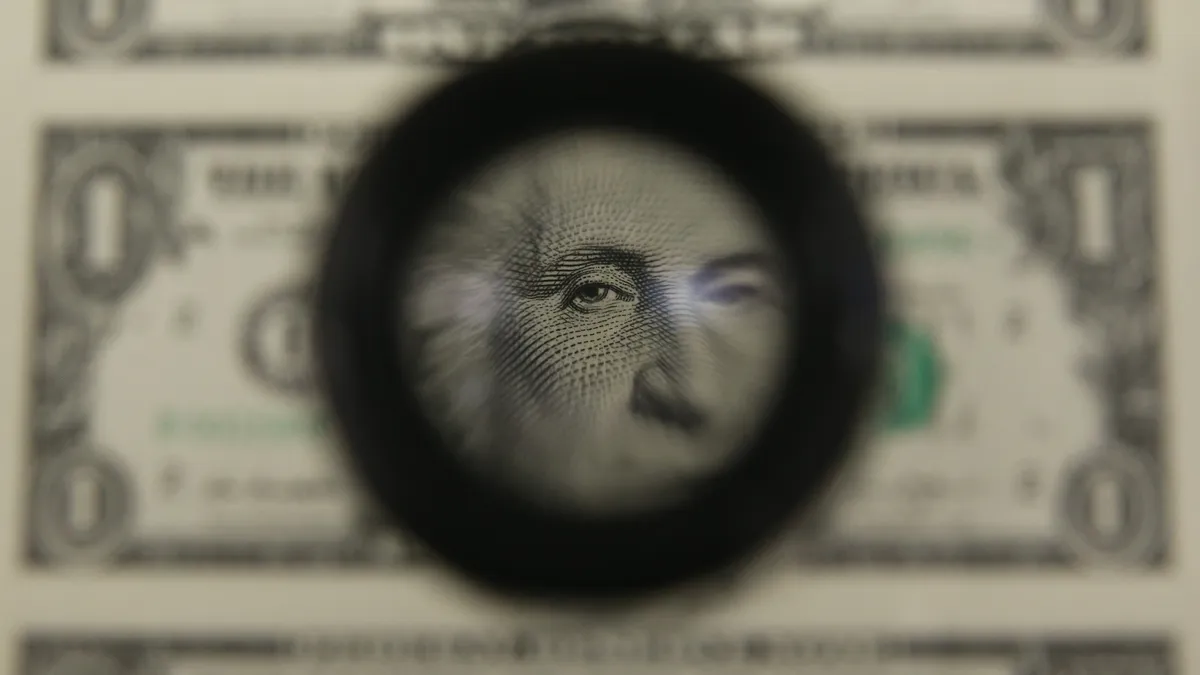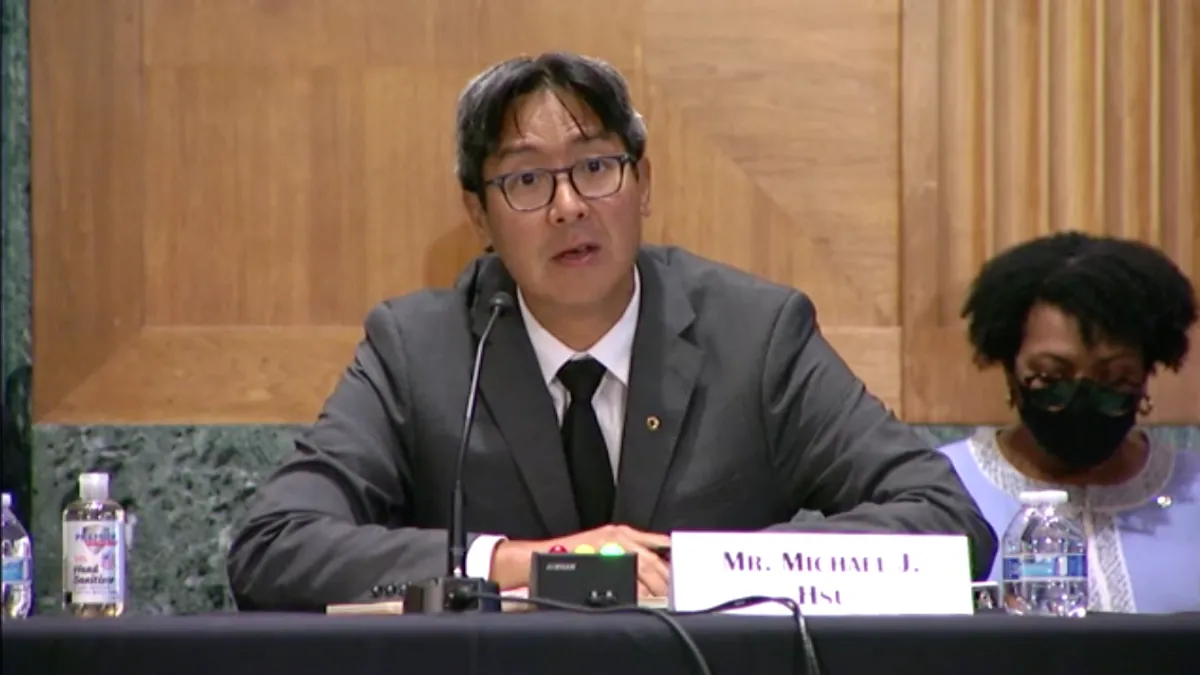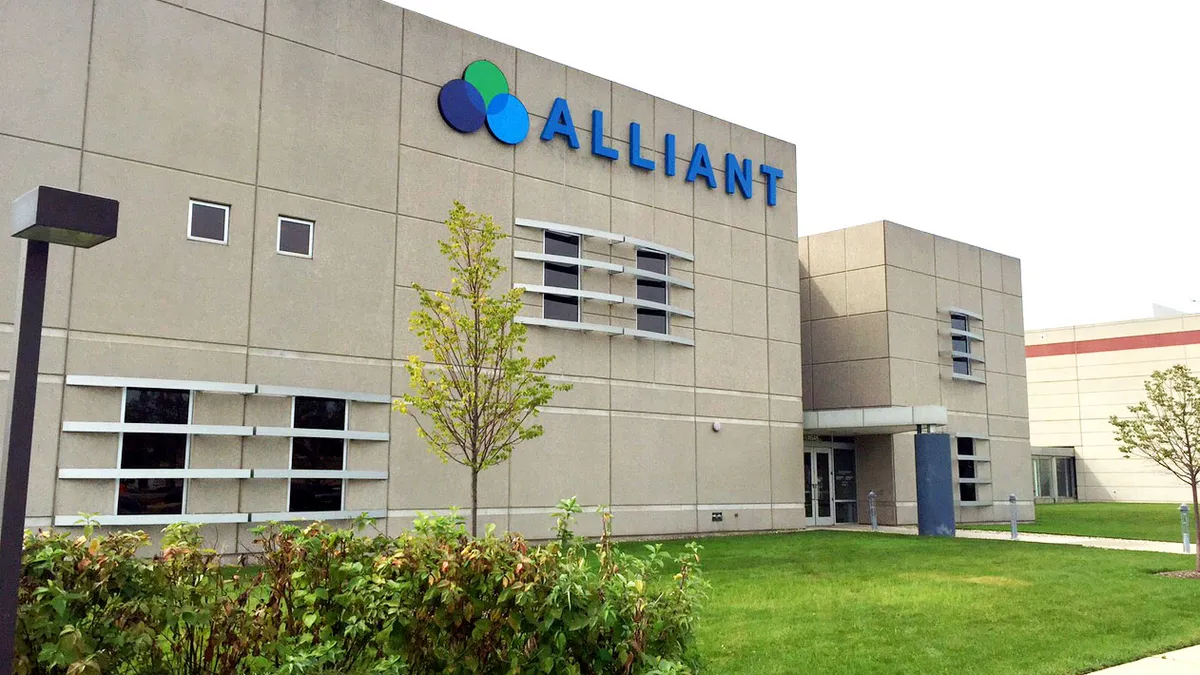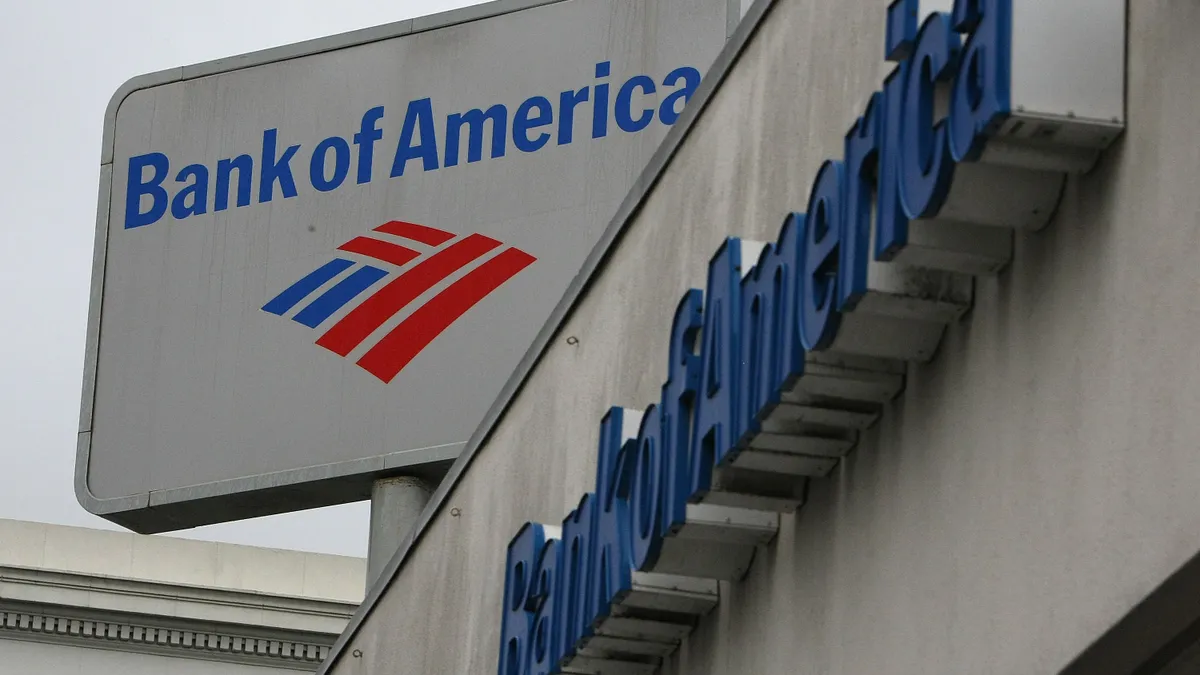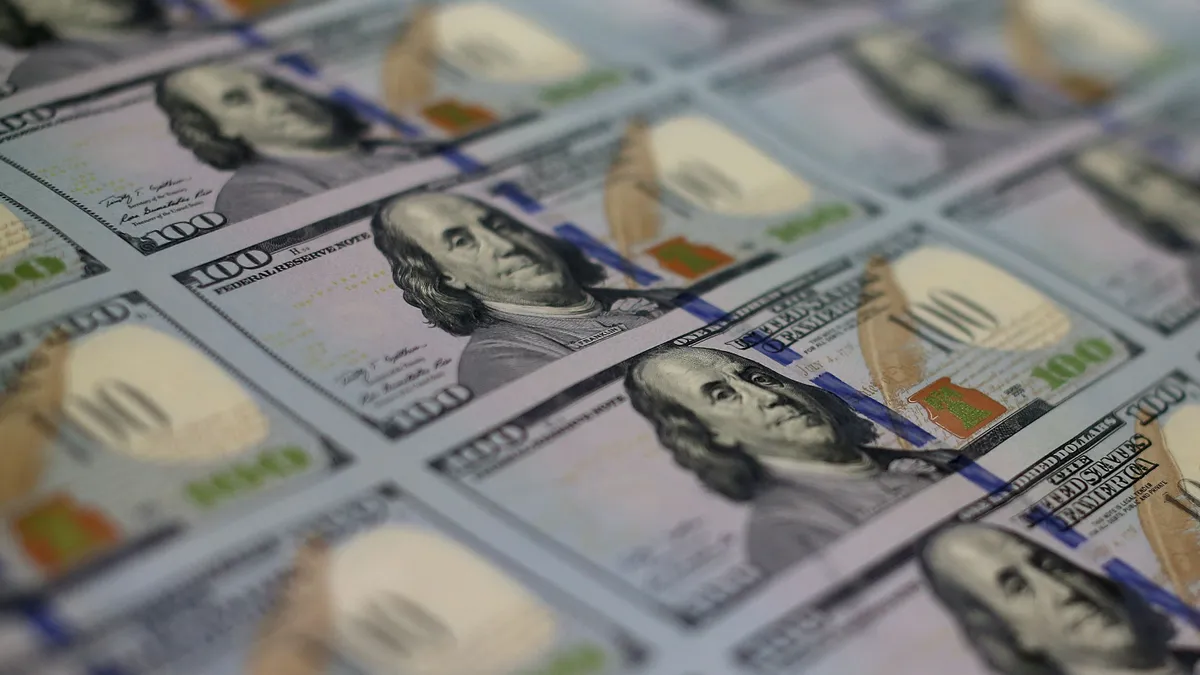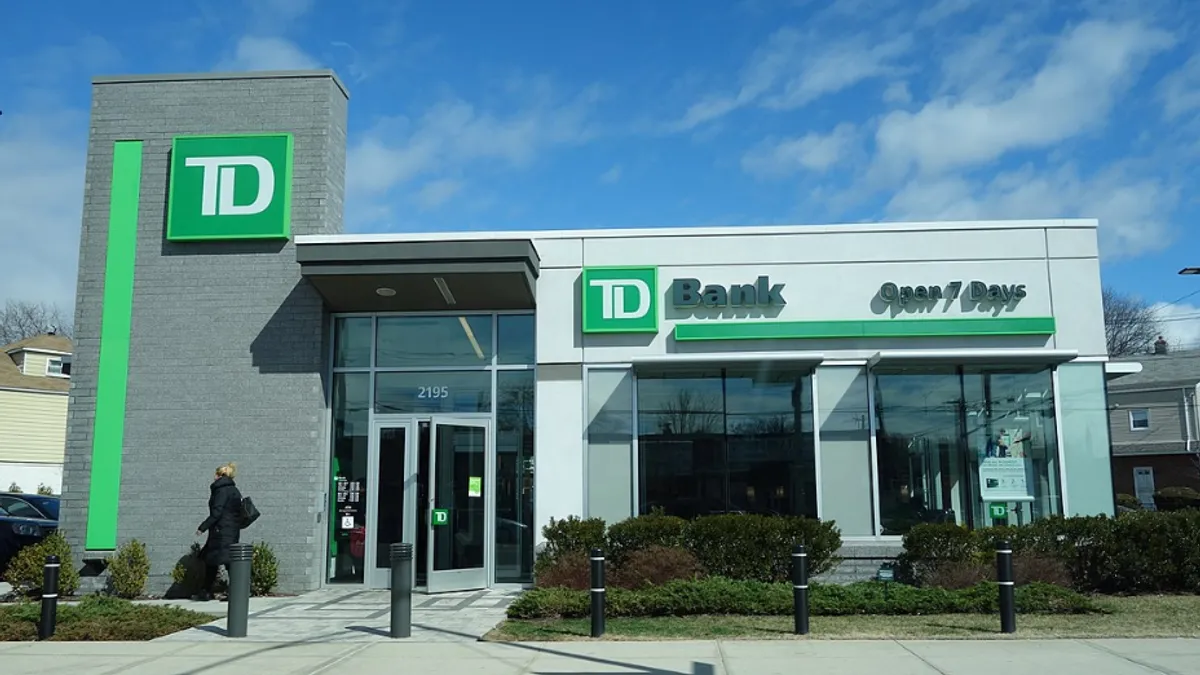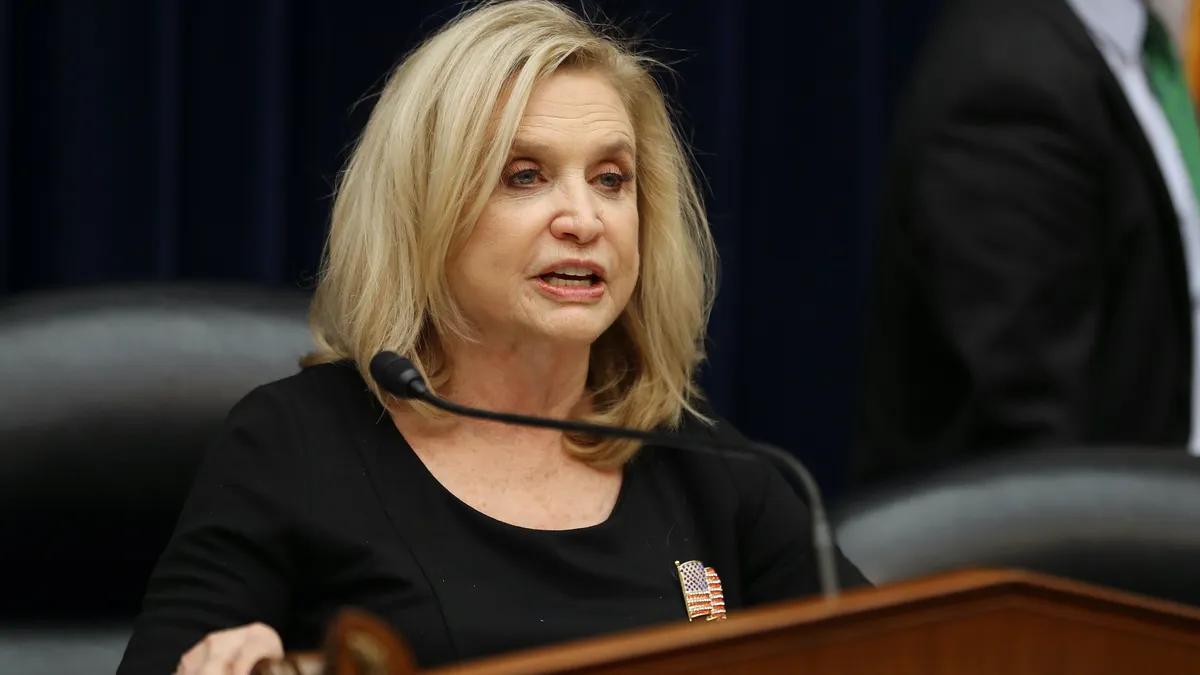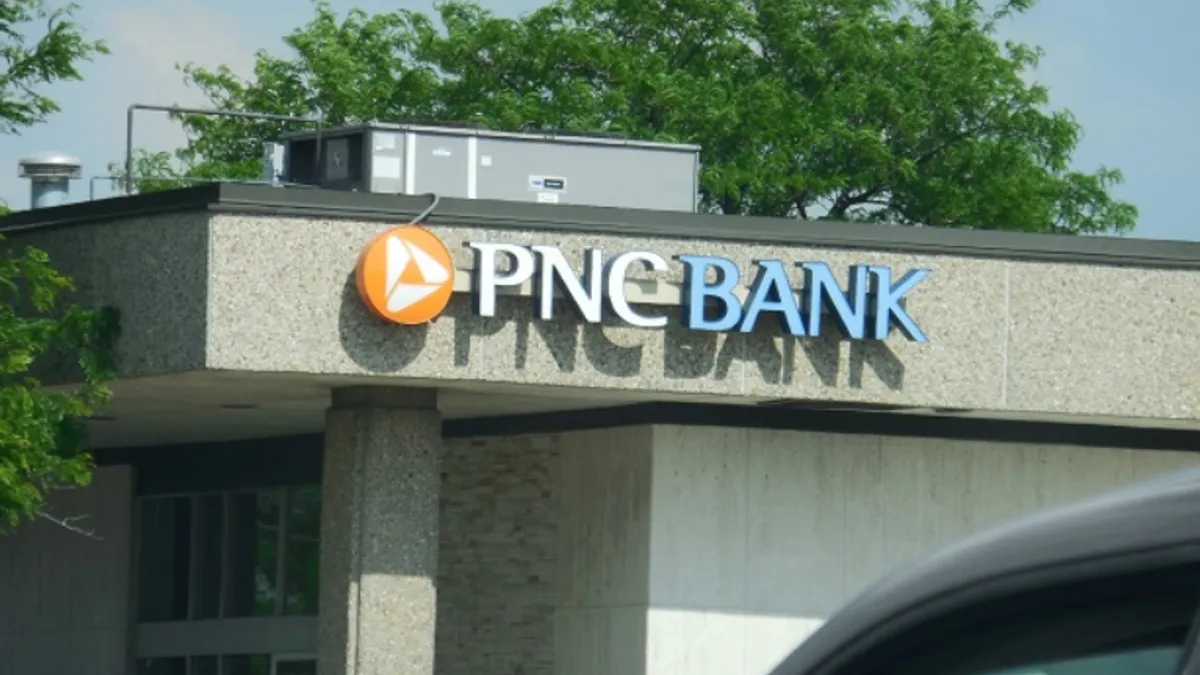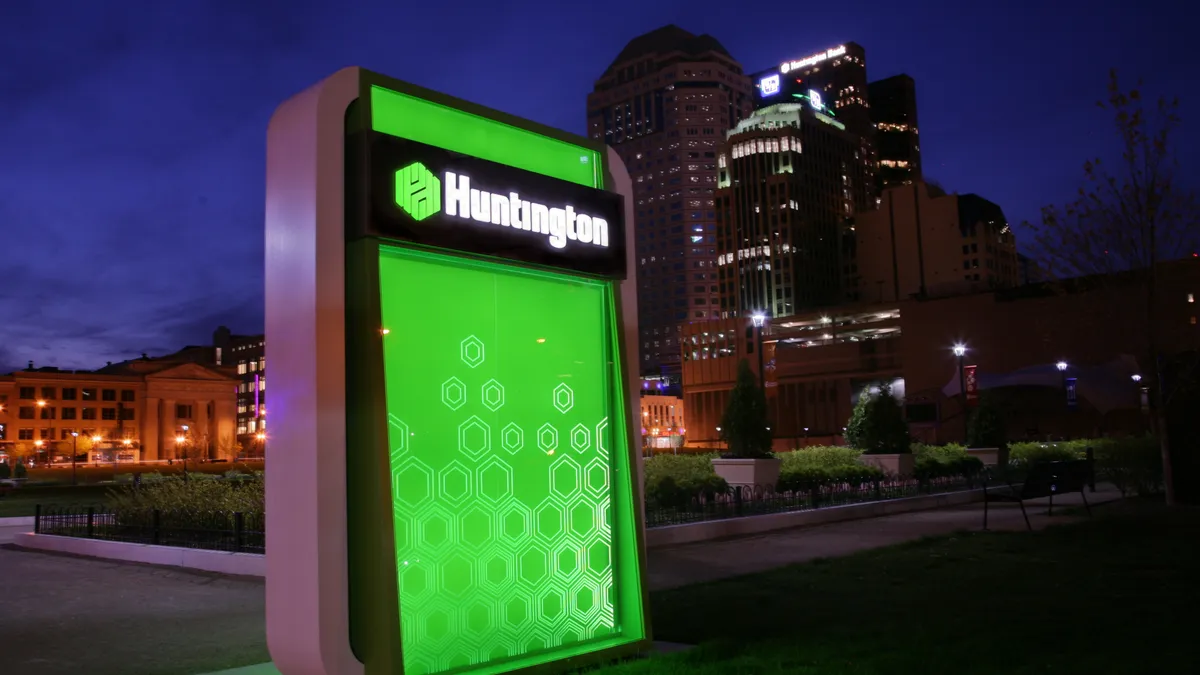Capital One will offer early direct deposit to eligible account holders, becoming the latest incumbent bank to launch a product mirroring offerings found at challengers, the McLean, Virginia-based institution announced Wednesday.
The bank said it is launching the new product, which offers users access to their paycheck up to two days sooner, in an effort to provide more flexibility and support to its customers.
"From listening to our customers, we know that early direct deposit access and broad digital offerings are what consumers want and need to feel confident in their financial journey," said John Durrant, Capital One's executive vice president of retail and small business banking. "As one of the first large banks to offer early direct deposit, we've already helped over a million customers access their paychecks early, and our hope is that this change will allow them to stress less about money and focus more on their financial and personal well-being."
Capital One joins Fifth Third as one of the first traditional banks to offer their customers early direct deposit. Fifth Third recently launched Momentum Banking, which includes free access to payroll up to two days early for customers using direct deposit.
While incumbents are warming to the product, early access to direct deposit is commonplace among neobanks.
Chime, Current and Varo Bank all provide their customers with early access to their paychecks, a key differentiator from traditional institutions that attracted significant attention amid the rollout of government stimulus payments over the past year.
Neobanks, which processed the government-backed coronavirus relief payments days ahead of major banks like JPMorgan Chase and Wells Fargo, said their ability to credit accounts early was simply part of the business model, and one they’ve long applied to direct deposit.
"We credit paychecks up to two days faster every single day. That includes unemployment checks and government checks," Erin Bruehl, Current’s director of communications, told Banking Dive in March.
Capital One’s early direct deposit rollout also comes as a growing number of traditional institutions are reassessing their policies on collecting overdraft fees. Varo, Chime and Current offer eligible customers products that allow them to overdraft their accounts up to a certain amount, free of charge.
Overdraft fees have garnered attention on Capitol Hill last month, with lawmakers calling out the CEOs of the nation’s largest banks over the billions in fees their banks collected amid the pandemic.
Meanwhile, a growing number of banks are de-emphasizing overdrafts or introducing products to help consumers avoid them.
Regions Bank's CEO, John Turner, said Tuesday the Birmingham, Alabama-based bank will change the order in which it posts transactions, so that credits post before debits, American Banker reported. Morgan Stanley found this month that overdraft fees accounted for 5% of Regions's revenue. However, Turner said Tuesday that percentage is declining.
John Woods, CFO of Providence, Rhode Island-based Citizens Bank likewise told American Banker overdraft fees are "an area that we're going to look at and evaluate and analyze whether there are tweaks that we can make ... to align with what expectations are of our customers and our other stakeholders."
Charlotte, North Carolina-based Ally Bank announced this month it is eliminating overdraft fees.
Huntington Bank this month debuted Standby Cash, which gives eligible customers immediate access to a line of credit up to $1,000. The Columbus, Ohio-based bank said the product aims to help customers avoid overdraft fees and build credit.
Pittsburgh-based PNC Bank in April announced plans to roll out "low cash mode," which alerts customers when their balance is low. If an account is negative, low cash mode provides 24 hours of "extra time" to prevent or address overdrafts before fees are charged.
San Antonio-based Frost Bank launched an overdraft grace feature in April that allows customers to overdraw their checking accounts on transactions up to $100.
Capital One declined to comment on whether or not it believed its new early deposit feature would help customers avoid overdraft fees, or if it had any plans to eliminate the fees it collects when customers overdraw their accounts.






